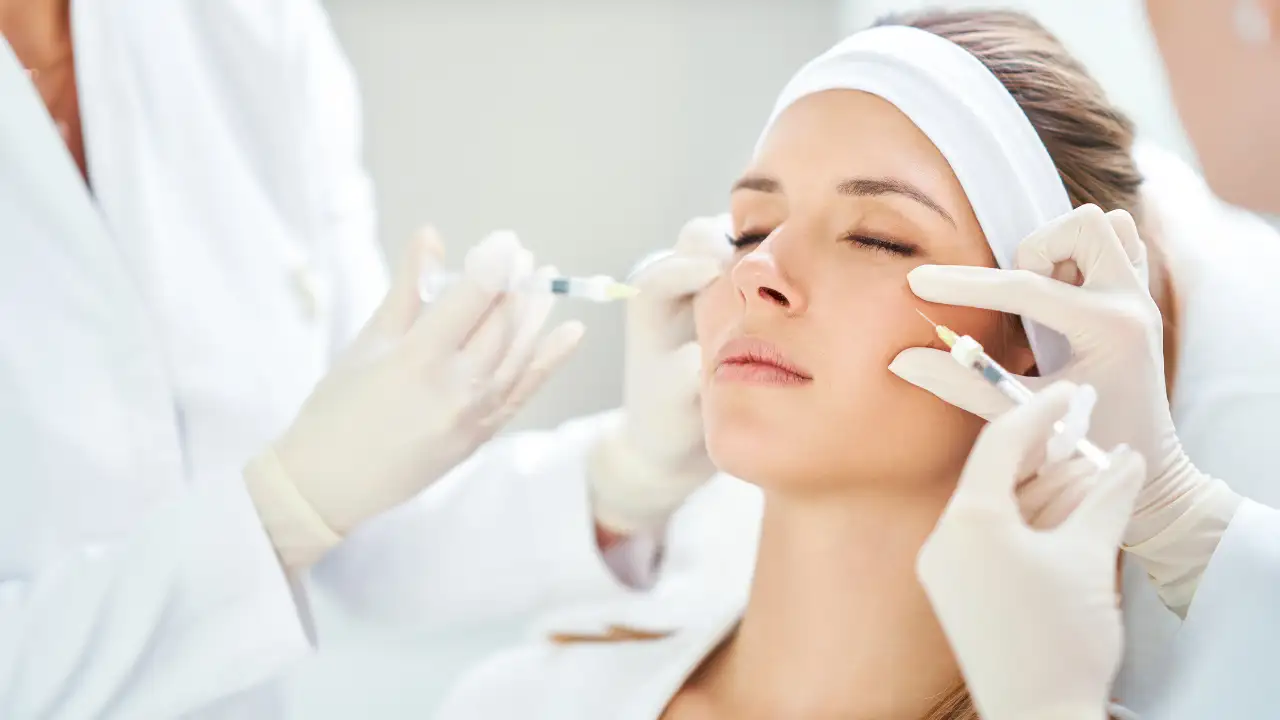In the world of aesthetic treatments, Botox is often seen as a quick fix for wrinkles, frown lines, and crow’s feet. It has become almost a household name in India, with increasing numbers of men and women opting for the treatment in metros like Delhi, Mumbai, and Bangalore. But with the rise in popularity has come a wave of questions—and, more recently, concerns.
Online forums and private social media groups have emerged globally where individuals claim that Botox made them feel unwell, with some even reporting mood changes or symptoms of depression. These narratives, though few, have stirred confusion and fear. So the question is: Can Botox really make you sick or mentally low?
First, what is Botox?
Botox is a purified protein derived from the bacterium Clostridium botulinum. In very small doses, it is used to relax overactive muscles. In cosmetic dermatology and plastic surgery, it’s used to smooth out lines caused by repeated muscle movements. It’s also FDA-approved to treat medical conditions like chronic migraines, excessive sweating (hyperhidrosis), and muscle spasticity.
In India, Botox and other neurotoxins are administered under strict medical supervision. However, with the rise of unqualified injectors and backdoor imports of counterfeit products, safety must remain a priority.
The Link to Botulism: Real but Rare
There’s a misconception that Botox causes botulism, a serious illness that can lead to muscle paralysis. In reality, iatrogenic botulism—that is, botulism caused by medical intervention—is extremely rare. It typically occurs only when very high doses are injected, far beyond what is used in aesthetic treatments. Globally, most reported cases are linked to therapeutic rather than cosmetic use.
In India, there have been no major published reports of botulism linked to cosmetic Botox when administered properly by trained professionals. The key lies in dosage, technique, and product quality.
Can Botox Affect Mental Health?
This is where things get nuanced. Studies have shown that Botox can actually improve mood. By softening frown lines, patients often feel happier, and some researchers suggest there may be a feedback loop between facial expressions and emotional states. In fact, some studies have explored the use of Botox as a treatment for depression.
That said, a small number of individuals worldwide have reported feeling emotionally “off” after injections. The US FDA’s Adverse Event Reporting System has recorded a minuscule percentage—less than 1%—of Botox users reporting depressive symptoms. Most of these cases involved patients being treated for non-cosmetic indications or with higher therapeutic doses.
From an Indian clinical standpoint, I have not personally encountered a case where Botox caused depression. However, mental health is deeply personal. If you are predisposed to anxiety or depression, it’s always a good idea to inform your doctor before undergoing any aesthetic treatment.
What You Should Know Before Getting Botox
1. Choose your injector wisely: Always consult a board-certified plastic surgeon or dermatologist. India is seeing a boom in medi-spas and salons offering injectables. Not all are regulated.
2. Know the source: Only FDA- or CDSCO-approved products should be used. Ask your provider about the brand and origin.
3. Understand the risks: Temporary bruising, asymmetry, or mild headaches are the most common side effects. Serious complications are exceptionally rare when the treatment is done right.
4. Communicate your concerns: If you experience any unexpected physical or emotional changes after treatment, consult your doctor. Open communication is vital for safe aesthetic care.
Get Latest News Live on Times Now along with Breaking News and Top Headlines from Health and around the world.
